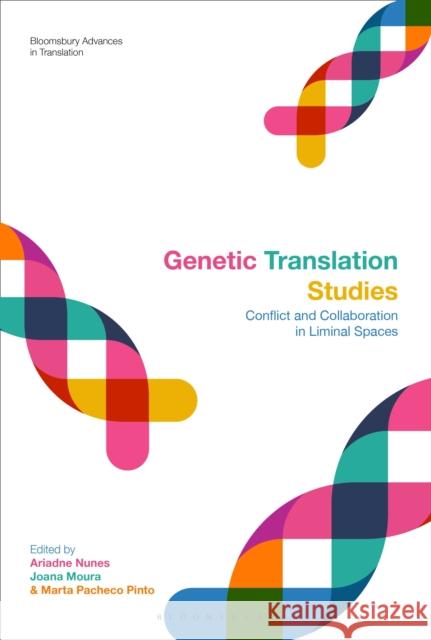Genetic Translation Studies: Conflict and Collaboration in Liminal Spaces » książka
topmenu
Genetic Translation Studies: Conflict and Collaboration in Liminal Spaces
ISBN-13: 9781350213005 / Angielski / Miękka / 2022 / 258 str.
Genetic Translation Studies: Conflict and Collaboration in Liminal Spaces
ISBN-13: 9781350213005 / Angielski / Miękka / 2022 / 258 str.
cena 146,88
(netto: 139,89 VAT: 5%)
Najniższa cena z 30 dni: 145,98
(netto: 139,89 VAT: 5%)
Najniższa cena z 30 dni: 145,98
Termin realizacji zamówienia:
ok. 22 dni roboczych.
ok. 22 dni roboczych.
Darmowa dostawa!
Kategorie:
Kategorie BISAC:
Wydawca:
Bloomsbury Academic
Seria wydawnicza:
Język:
Angielski
ISBN-13:
9781350213005
Rok wydania:
2022
Numer serii:
000454747
Ilość stron:
258
Waga:
0.36 kg
Wymiary:
23.39 x 15.6 x 1.37
Oprawa:
Miękka
Wolumenów:
01











